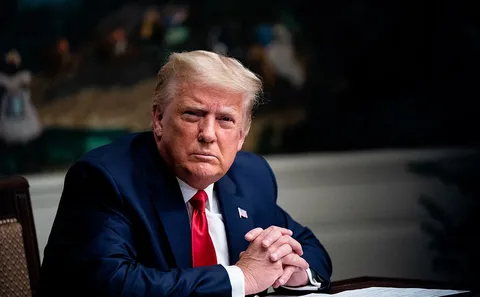True to his campaign pledge, Trump finally ‘liberated’ Americans from the pressures of inflation and high cost of living by slapping a host of countries, Kenya included with tariffs. To bring you up to speed, Trump ran a campaign of economically liberating America with key proposals including trade policies, tax policies and controlling immigration. For a better grasp, tariffs are taxes imposed on imported goods to protect domestic industries by making imported commodities more expensive leading to a reduction in their demand – a trade policy in action.
Kenya received a blow after being hit by a 10.0 % baseline tariff with a possible additional 10% due to “alleged currency manipulation and trade imbalances.” These tariffs which will no doubt have significant negative implications on the Kenyan Economic landscape with specific implications on Real Estate.
Deployed to combat trade deficits, these tariffs will aim and fire at Kenya`s main exports (Tea, coffee, textiles and horticultural products). Kenyan exports to the United States were valued at KES 60.5 billion as at October 2024, highlighting how Kenyan exports to America have created fortunes to the Kenyan Economy.
Imposing tariffs on Kenyan exports will translate to a decline in export revenues thereby reducing foreign exchange inflows which will also trickle down a sector highly sensitive to liquidity. As the disposable incomes reduce the demand for real estate products will also tank as investors will be considering their portfolio decision.
The second effect will be on the construction costs due to retaliatory measures imposed by countries like China where Kenya sources most of her construction inputs. This would lead to an increase in building materials like cement and steel. The increasing inputs prices are likely to be mirrored in the overall property prices reducing intake which further leads to reduced profits. Reduced profits will eventually chase away sector investors.
On the flip side, reduced export earnings would mean weakening kenyan. This will mean favorable property prices for foreigners. Foreigners are likely to increase their investment in real estate in Kenya focusing on the Special Economic Zones where activities such as manufacturing mighty shift to offset the export losses.
While the tariffs will present challenges to the real estate, they will also push the sector players particularly the investors, to be more innovative and explore more resilient niches in the economy to counter the disruptive forces of Trump economics in real estate

















